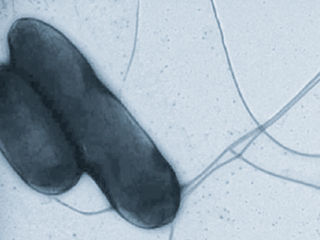XOMA Enters into License Agreement with Merck & Co., Inc.
XOMA Ltd. announced that it has granted Merck & Co., Inc. (Merck) a non-exclusive, worldwide license for XOMA's antibody-related intellectual property. Under the agreement, Merck receives a license to use XOMA's bacterial cell expression intellectual property for phage display with potential use in the discovery of antibody products. XOMA will receive an undisclosed access fee, milestones and royalties on future sales of any products subject to this license. Additional financial terms were not disclosed.
The agreement also provides an option for Merck to use XOMA's bacterial cell expression intellectual property to manufacture antibodies. Should Merck exercise this option, XOMA will receive an option fee, additional milestones and royalties.
"We are delighted to enter into this license agreement with Merck, and look forward to a productive relationship," said John L. Castello, XOMA's chairman, president and chief executive officer. Bacterial Cell Expression Technology Bacterial cell expression technology (BCE) is an enabling technology used to discover and screen, as well as develop and manufacture, recombinant antibodies for commercial purposes. BCE is also a key technology used in multiple systems for high-throughput screening of antibody domains. Expression of antibodies by phage display technology, for example, depends on the expression and secretion of antibody domains from bacteria as properly folded, functional proteins. XOMA scientists were the first to demonstrate the secretion of antibody domains directly from the bacterial cells as fully functional, properly folded molecules. XOMA has received ten U.S. patents to date relating to aspects of its BCE system, including six patents that broadly cover the secretion of immunoglobulins from bacteria, including antibody fragments such as Fab and single-chain antibodies.
Most read news
Topics
Organizations
Other news from the department business & finance

Get the life science industry in your inbox
By submitting this form you agree that LUMITOS AG will send you the newsletter(s) selected above by email. Your data will not be passed on to third parties. Your data will be stored and processed in accordance with our data protection regulations. LUMITOS may contact you by email for the purpose of advertising or market and opinion surveys. You can revoke your consent at any time without giving reasons to LUMITOS AG, Ernst-Augustin-Str. 2, 12489 Berlin, Germany or by e-mail at revoke@lumitos.com with effect for the future. In addition, each email contains a link to unsubscribe from the corresponding newsletter.






















































